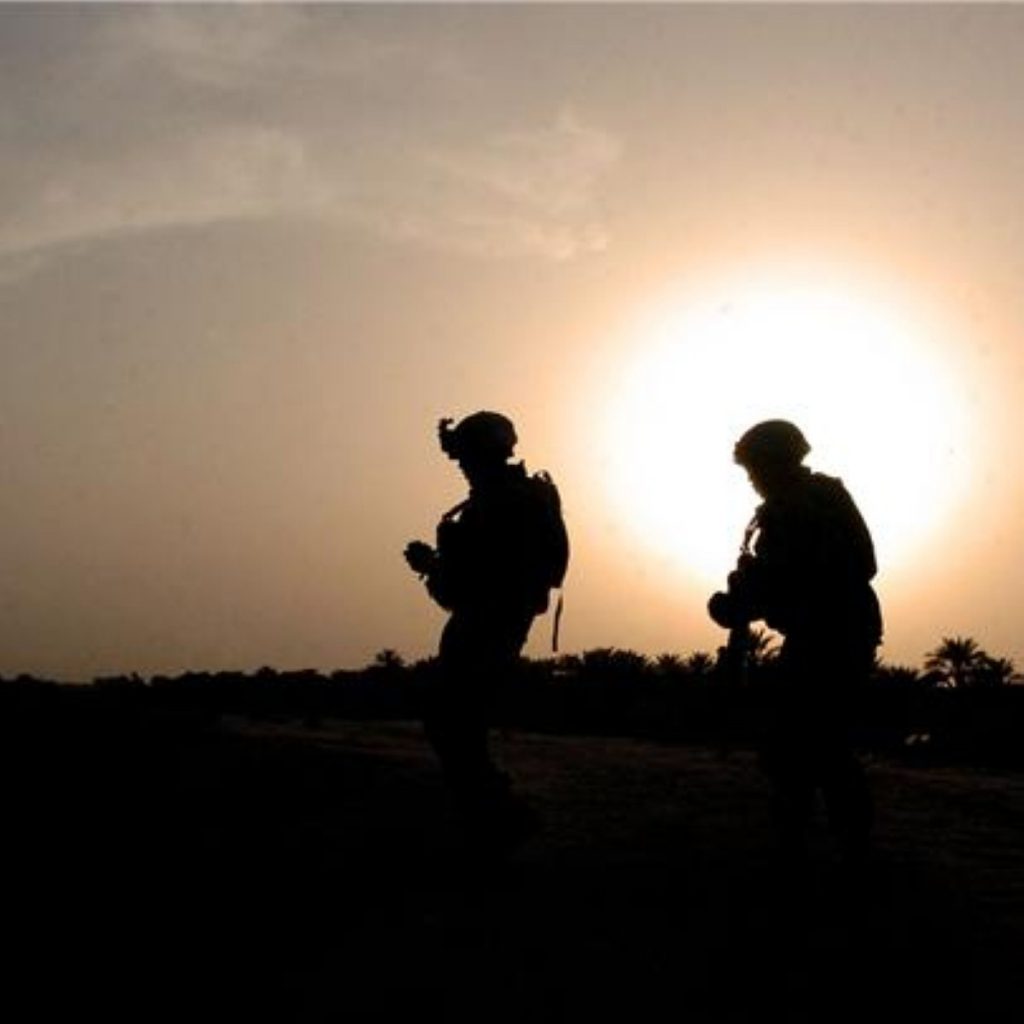MoD neglecting early leavers, MPs claim
The Ministry of Defence is failing to help early army leavers to adapt to civilian life, MPs have said.
The claim comes a day after the MoD released its service personnel command paper to encourage people to stay in the armed forces.
But according to the public accounts committee (PAC), the army is falling short on its responsibility for people who leave the armed forces ahead of schedule.
Committee members said the resettlement support offered by the MoD was well-received by career soldiers.


“But it is the younger service personnel leaving early who often cannot find work or somewhere decent to live,” PAC chairman Edward Leigh explained.
“These more vulnerable leavers need additional targeted support. They need a simplified system for obtaining the support. And those most likely to become unemployed might need additional help.”
According to the PAC one in ten service leavers who do not take up the MoD’s resettlement package are prevented from doing so because of operational pressures.
Mr Leigh said it was “understandable” commanding officers placed less importance on resettlement than front-line operations.
But he added: “Likely deployments should be factored early into leavers’ resettlement plans.
“Our servicemen and women are continually being called on to serve their country in extremely hostile conditions. As much as possible should be done to prevent those who intend to leave the forces, especially the young and inexperienced, ending up unemployed and homeless.”
Yesterday the government announced double compensation for troops injured on operations.
“If we ask our forces to risk our lives to keep us safe then we should all be prepared to look after them while they are in service and afterwards,” defence secretary Des Browne told the House of Commons.
Transport, health and education benefits for troops were also announced after a survey showed 47 per cent of service personnel regularly considered quitting as doubts emerged over the military covenant.












